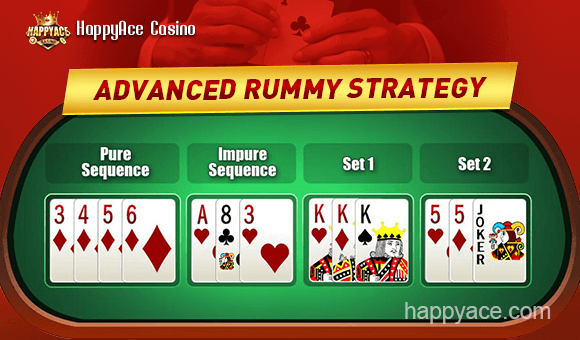
1. Turn-taking and Patience
- Social Skills: Ludo requires players to wait for their turn, fostering patience and respect for others. This aspect can reveal a player's temperament and ability to engage in social norms.
- Turn-based Interactions: Players must navigate their emotions during others' turns, leading to negotiations, distractions, or celebrations depending on game situations.
- Temporary Alliances: In a multi-player game, players may form informal alliances to target a common opponent, creating a dynamic of cooperation that can shift as the game progresses.
- Strategic Team Play: In some contexts, such as playing in pairs, players might collaborate, leading to discussions on strategy and shared goals.
- Direct Competition: Each player's goal to outmaneuver others can contribute to a competitive atmosphere. The rivalry may enhance excitement but can also lead to frustration or tension among players.
- Coping with Loss: How individuals react to winning or losing can reveal insights into their competitive nature and resilience.
- Verbal Communication: Players often share banter, negotiate strategies, or express frustrations. This interaction includes both supportive and competitive dialogue.
- Non-Verbal Cues: Body language and facial expressions can convey emotions like joy, disappointment, or irritation and substantially affect the overall group dynamics.
- Cultural Practices: Different cultures may have unique ways of playing Ludo, influencing the social interactions within the game. Variations might include modified rules, team play, or family participation.
- Generational Differences: Playing Ludo can bridge generational gaps, as older and younger players share experiences. The game's simplicity allows for intergenerational bonding through shared rules and narratives.
- Shared Experiences: Playing Ludo often evokes nostalgia, and memories of family gatherings or friendly competitions can strengthen social bonds.
- Conflict Resolution: The post-game atmosphere may serve as a space for reconciling conflicts or celebrating victories, reinforcing relationships beyond the game.
- Risk-taking Behavior: The decision-making involved in choosing moves can reflect individual risk tolerance, highlighting personality traits in a social context.
- Stress and Coping Mechanisms: The experience of winning or losing in Ludo can reveal how participants handle stress and competition, impacting group morale and interaction.
The social dynamics of playing Ludo extend beyond mere gameplay; they encapsulate fundamental aspects of human interaction. The blend of competition and cooperation, patience and emotion, offers valuable insights into how individuals relate to one another within a shared environment. Whether as a tool for socialization or a lens for examining interpersonal dynamics, Ludo remains a rich field for exploring human behavior and relationships.











